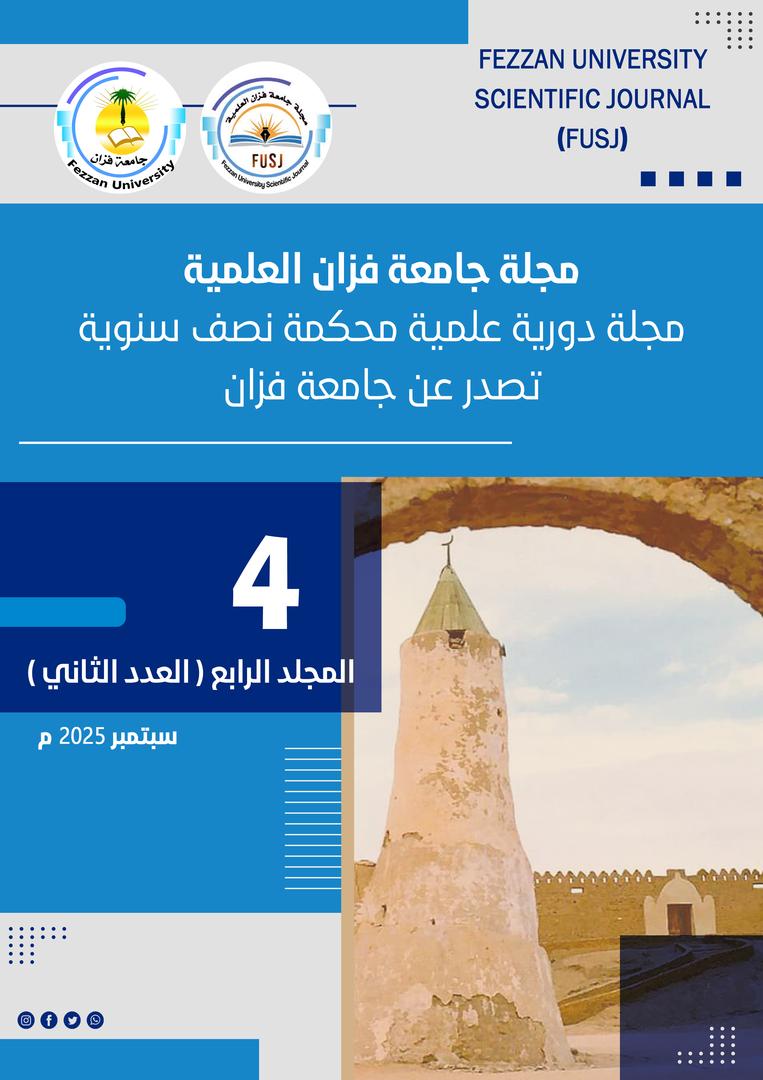تقييم ثبات الأسطح الخرسانية الإسفلتية للطرق تحت تأثير التغيرات الحرارية باستخدام اختبار مارشال
##plugins.themes.academic_pro.article.main##
الملخص
الرابط الإسفلتي مادة لدنة حرارية تظهر سلوكًا مرنًا صلبًا عند درجات الحرارة المنخفضة أو تحت معدلات التحميل السريعة. في المقابل، عند درجات الحرارة العالية أو تحت معدلات التحميل البطيئة، يتحول الرابط الإسفلتي إلى حالة لزجة سائلة. هذا السلوك المزدوج يؤكد أهمية تقييم الخصائص الميكانيكية للخرسانة الإسفلتية عند درجات حرارة التشغيل المتوقعة لتخفيف تشقق الإجهاد والإجهاد عند درجات الحرارة المنخفضة، وكذلك التشوه اللدن (الإنبعاج) عند درجات الحرارة العالية.
في هذه الدراسة، تم استخدام اختبارات مارشال بشكل فعال لتحليل تأثير درجة الحرارة على الخصائص الميكانيكية للخلطات الإسفلتية. تم استخدام الركام الحجري الجيري من منشأة كسارة المحروقة كمادة أساسية. تم تحضير 72 عينة مارشال باستخدام خلطات مُحسّنة لمحتوى البيتومين كما حددها اختبار مارشال. تضمنت هذه الخلطات أسمنتًا إسفلتيًا من النوع 60/70 (اختراق) مستوردًا من إيطاليا. أظهرت نتائج اختبار الثبات زيادة في قيم الثبات عند درجات حرارة أقل من 60°م، تحديدًا عند 50°م و55°م، بينما انخفضت قيم الثبات عند درجات الحرارة الأعلى مثل 65°م و70°م..

